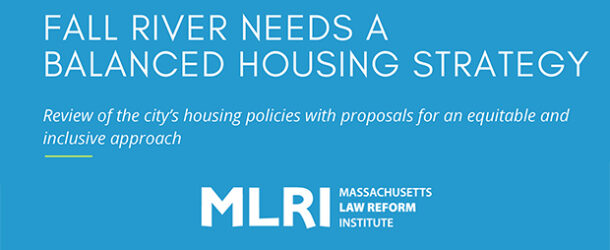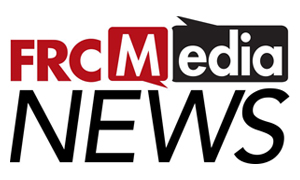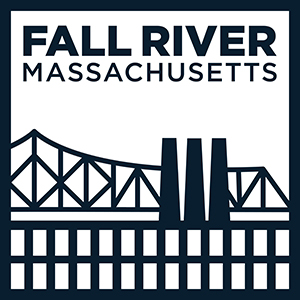A statewide low-income advocacy organization, suing the City of Fall River and the Fall River Housing Authority to compel the construction of low-income housing at the former Watuppa Heights housing development, has issued a report detailing the state of affordable housing in Fall River.
The Massachusetts Law Reform Institute (MLRI) was supported by United Interfaith Action of Southeastern Massachusetts (UIA) which has advocated for increasing affordable housing units in Fall River and New Bedford. UIA Fall River Community Organizer Tracy Albernaz says the report indicates Fall River is in a crisis in the supply of affordable housing for city residents.
The report indicates that the city has a low rental vacancy rate and has focused its housing development toward higher-rent market-rate units, putting the homeless and working-class poor at risk.
The report compared Fall River’s affordable housing supply to New Bedford. Even though both communities have a shortage of affordable housing units, New Bedford has invested more money in developing affordable housing and has devised a formal plan to attack the issue. Fall River has no formal plan but the ability to do better.
UIA held a housing forum in June with community leaders which outlined ways the city can increase its commitment to building more affordable housing.
Susan is a city resident suffering from housing insecurity. She has a disabled child and recently saw her monthly rent increase by $73. That may not seem like much for some, but for her, it is a strain.
Susan says being housing insecure is difficult enough without being stereotyped for struggling to make ends meet.
You can view MLRI’s Fall River Housing Report here.










Comments are closed.